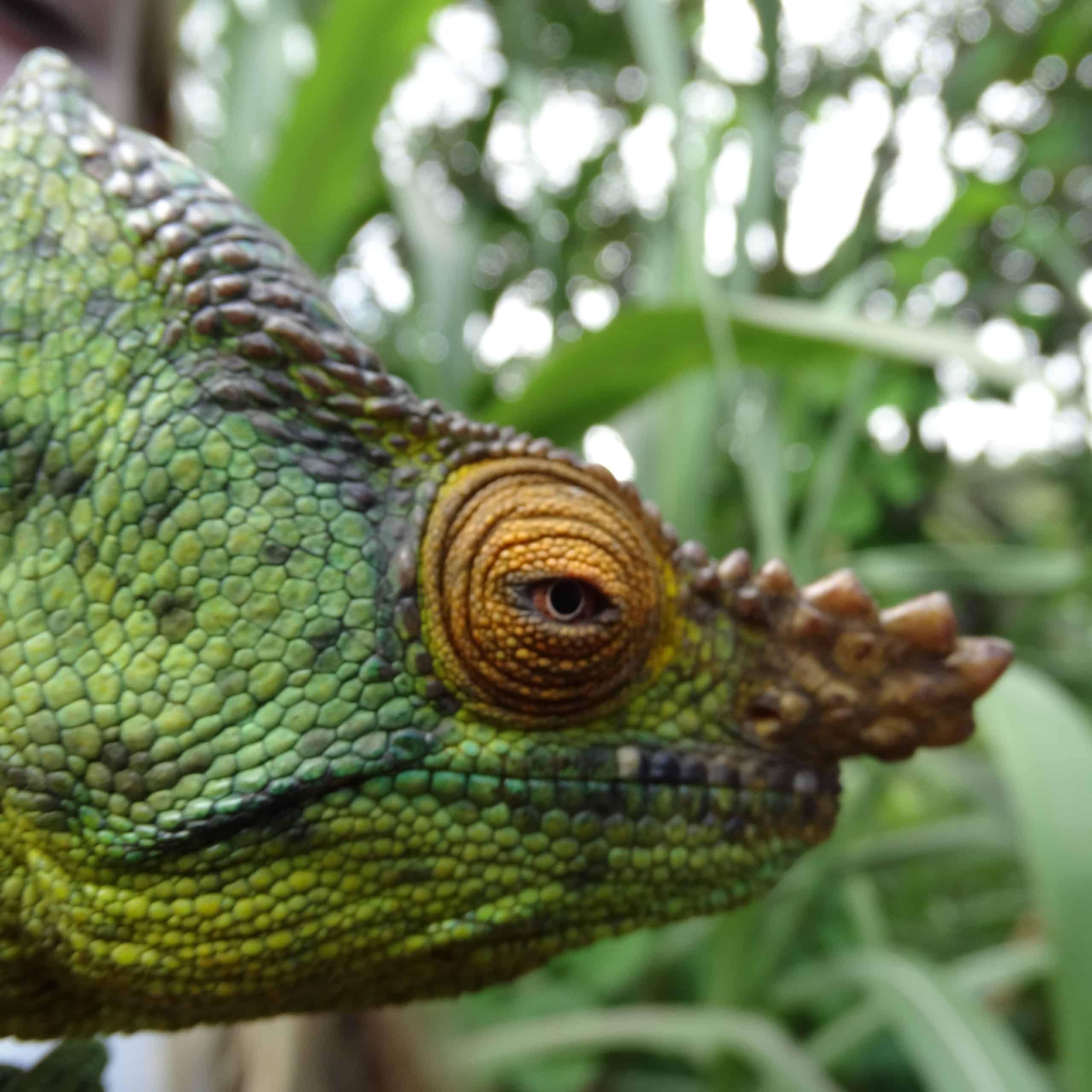Meeting wild animals in their natural habitat can be an exciting and life-changing experience, and it's one of the ways travel helps us connect with the world around us. But wildlife experiments that involve cruelty, unnecessary captivity, or inappropriate interaction with humans should be cause for concern, avoided, and reported.
Other exceptions may be provided, such as animal sanctuaries that look after orphaned animals or those that have been stolen from their parents, which can no longer survive in the wild and depend on humans for their survival. Examples include Jane Goodall's Chimp Eden in Africa and Lemur Island in Madagascar.
“The must is an unforced encounter with wildlife in its natural environment”.
Too many tourists can also impact communities struggling to manage the negative impacts of pressure on fragile ecosystems, including litter, trail erosion and noise.
Watching wildlife undisturbed by humans has to be one of the most amazing experiences, as the animals behave in a natural and non-threatening way. Travel responsibly, adopt a way that is good for you and ethical. Travel for you and for the communities you visit.
Excerpt from an article by Kate Duthie. 2018 for World Nomads.
Mar
03/01/2021
0 comment






Comment (0)